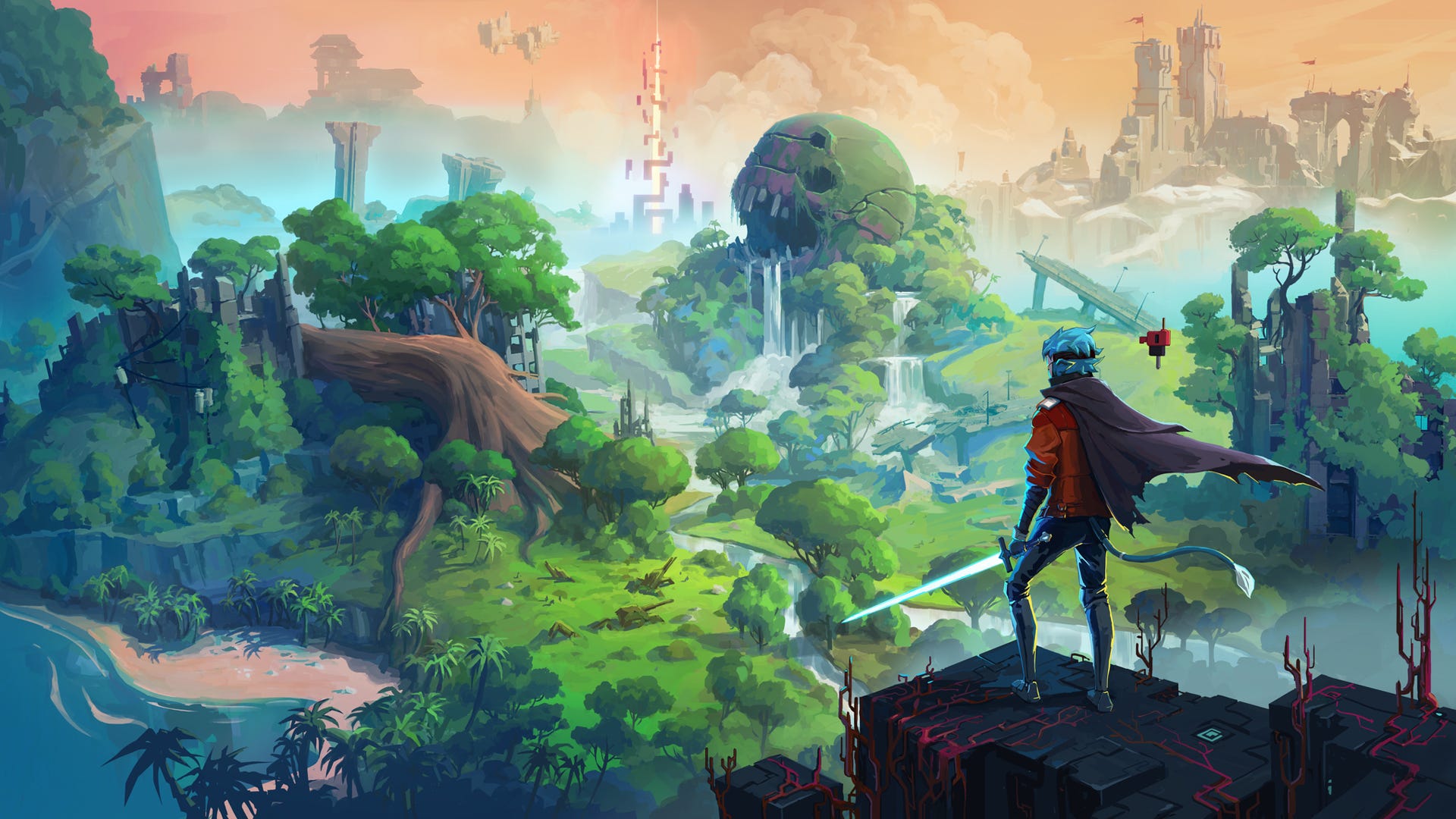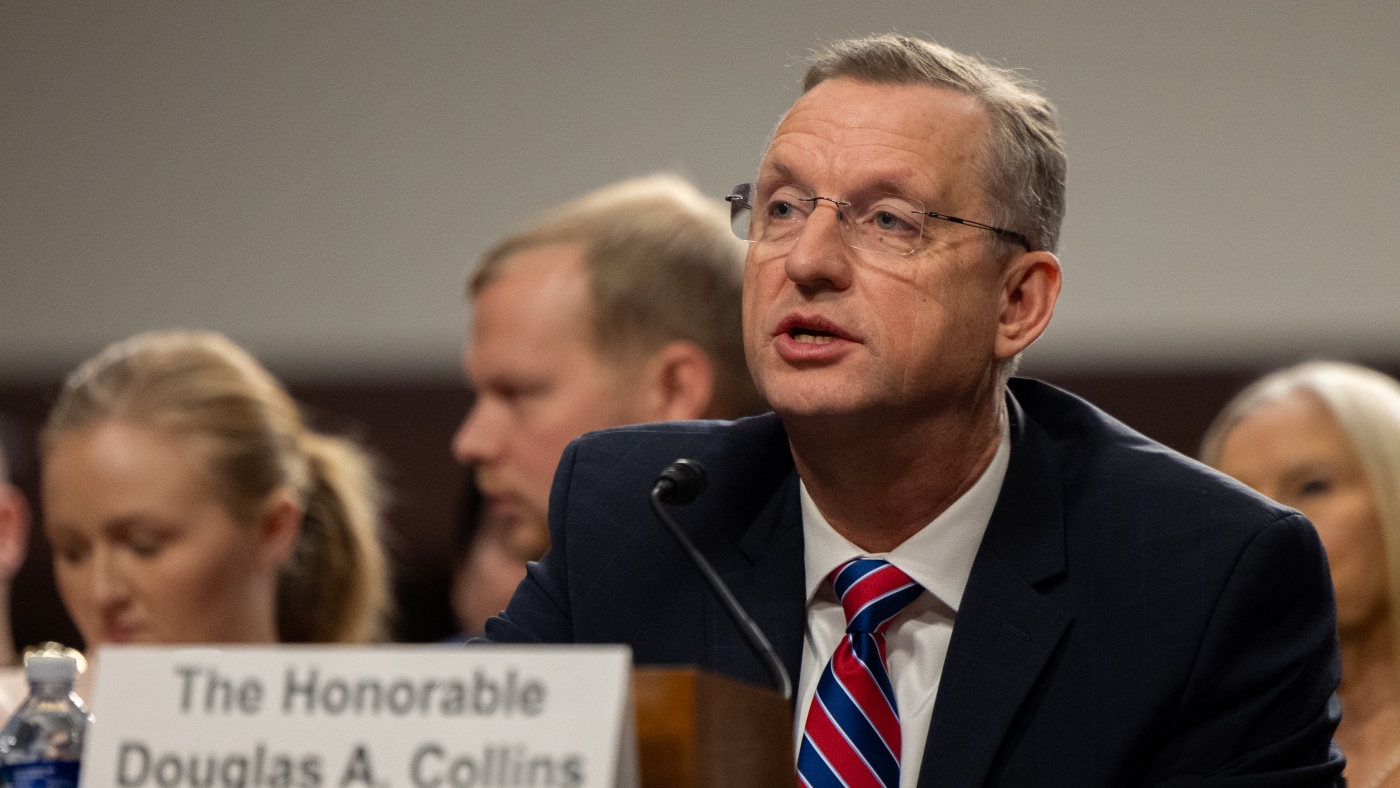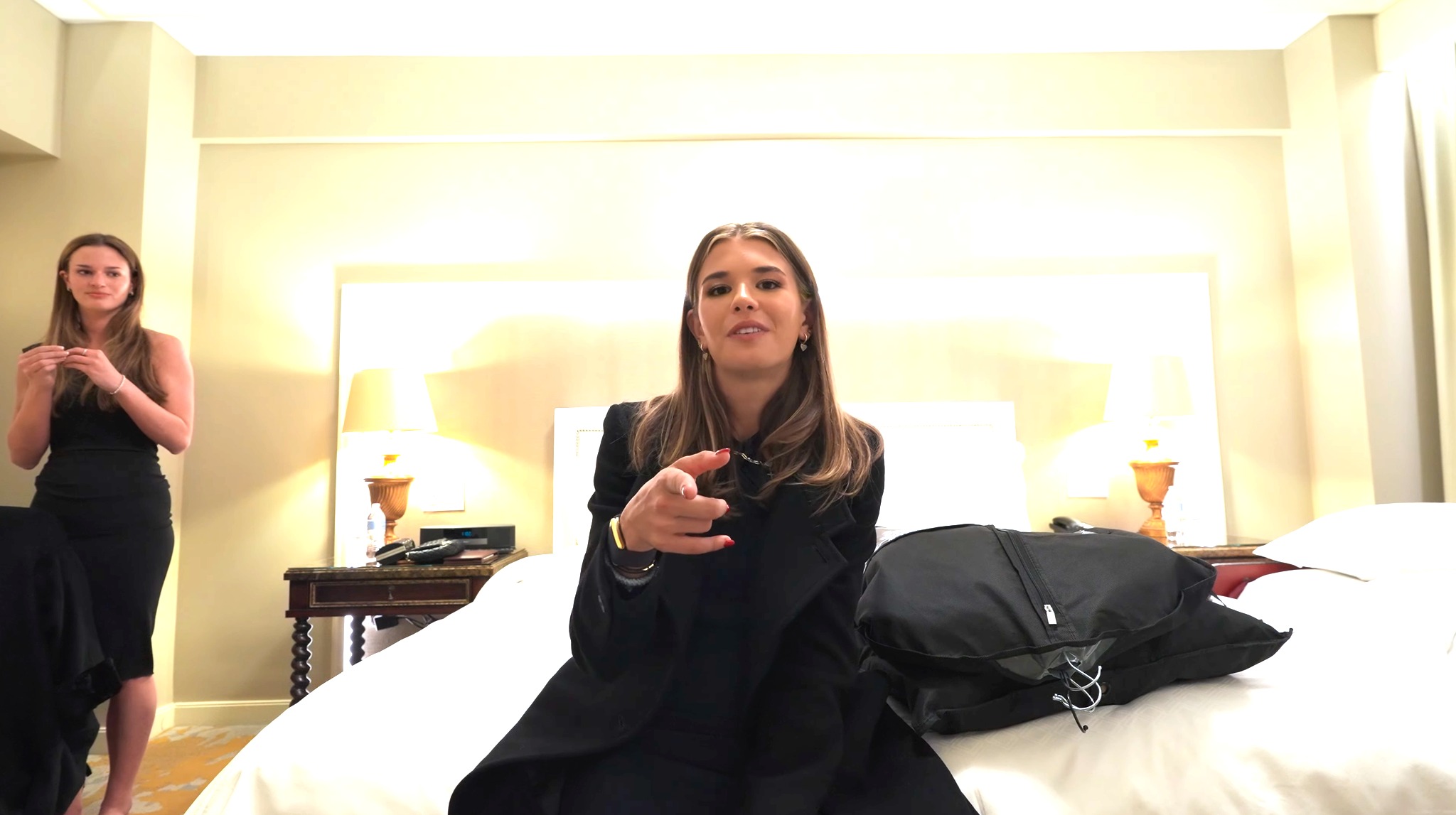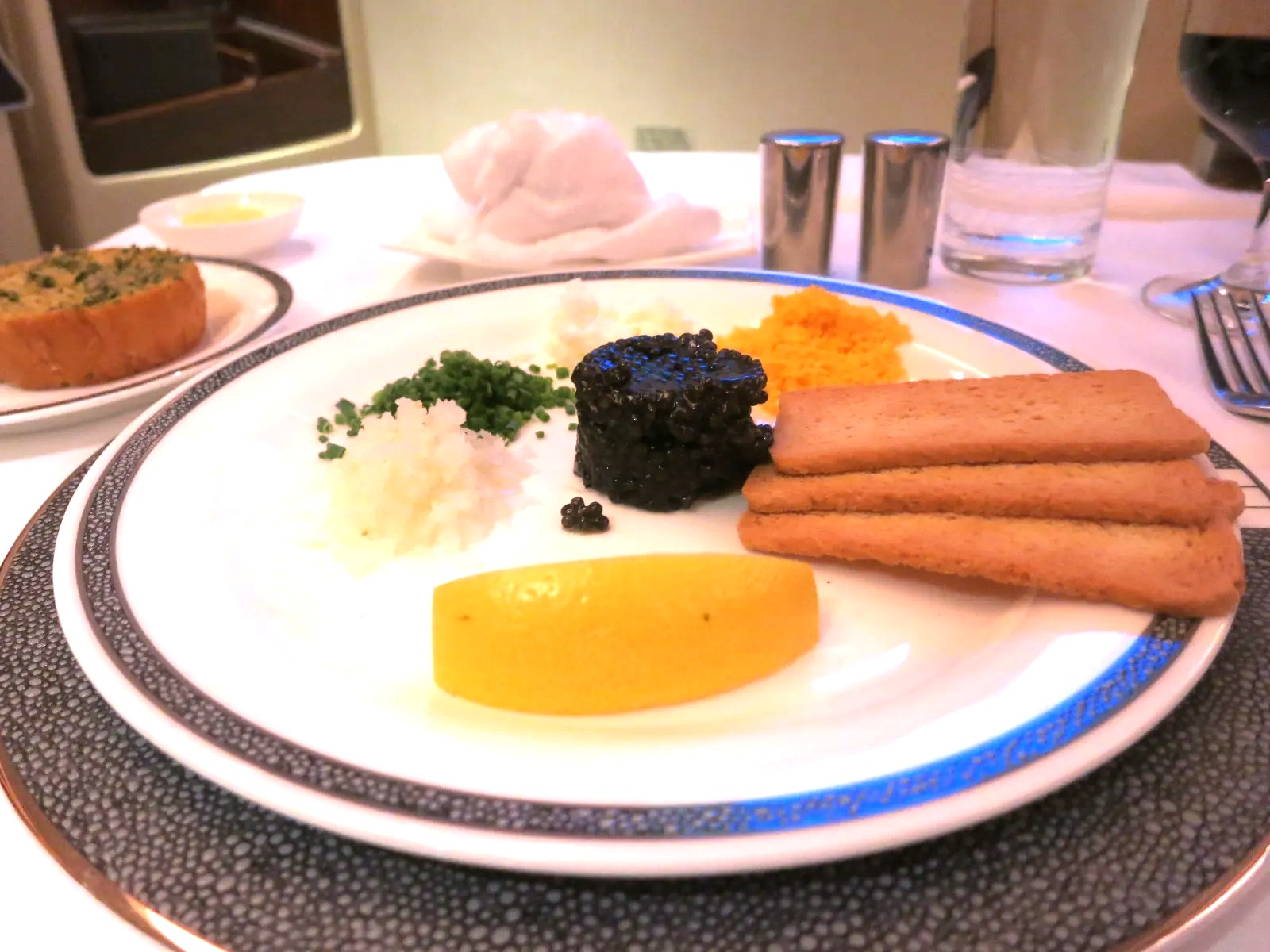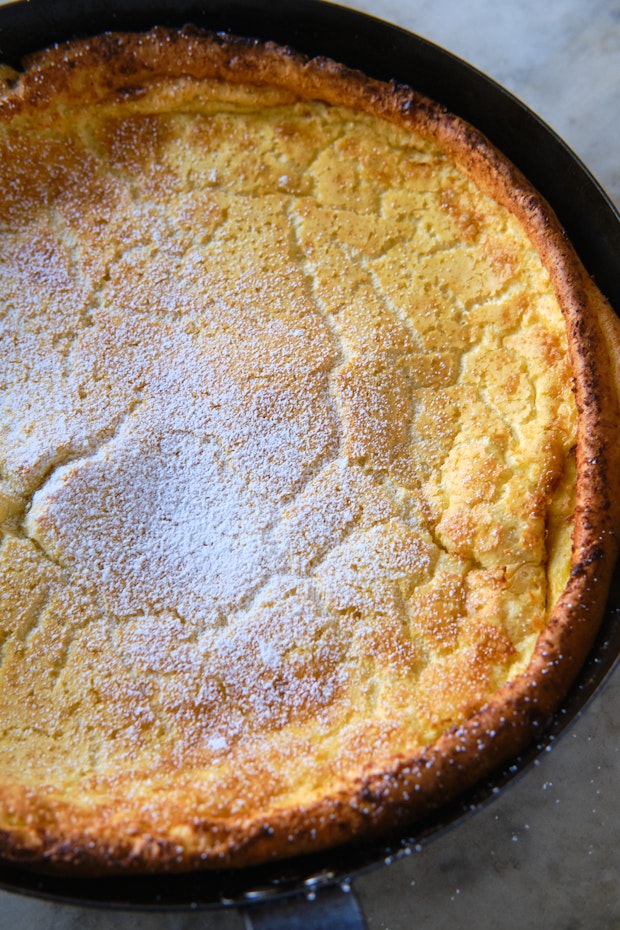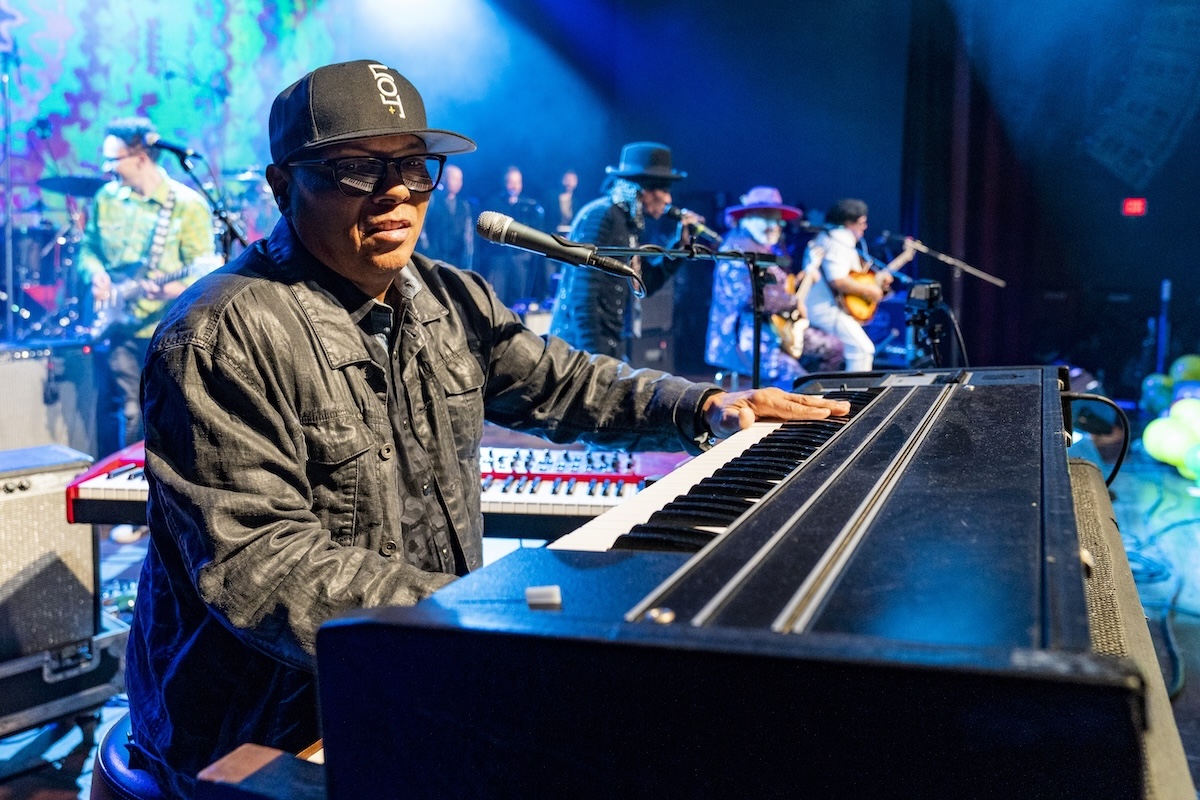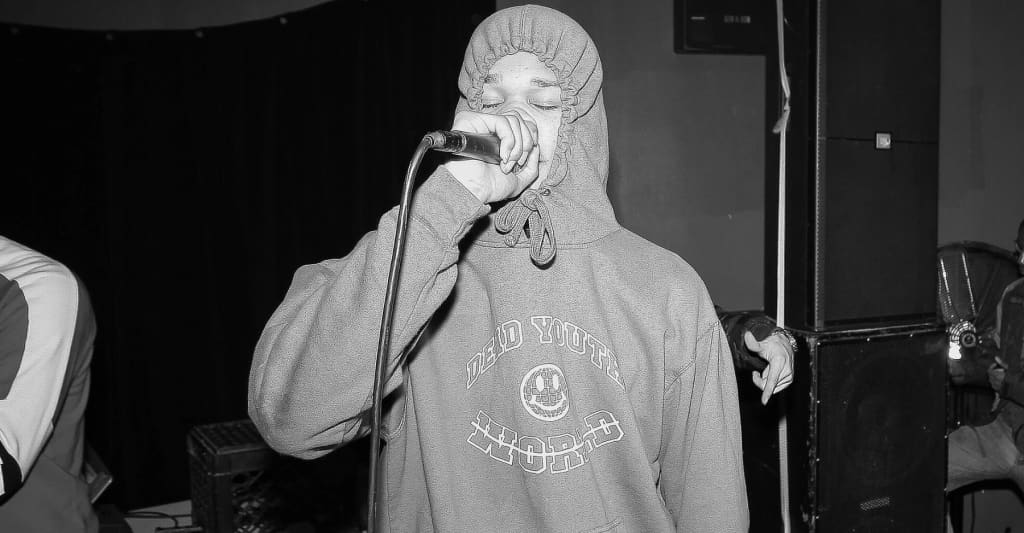Orchid Care for the Uncertain
I wrote this post in 2019, when I was feeling prickly and uncertain–not too different than how I’m feeling these days. We do have a few more orchids now, although I still am not quite sure how to care for them. * I wake up this morning on the prickly side—or at least, I’m prickly […]
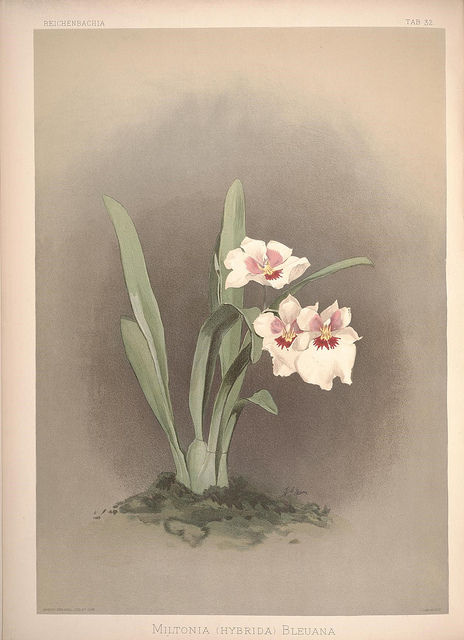

I wrote this post in 2019, when I was feeling prickly and uncertain–not too different than how I’m feeling these days. We do have a few more orchids now, although I still am not quite sure how to care for them.
*
I wake up this morning on the prickly side—or at least, I’m prickly once I look at my phone. There are a series of misunderstood texts, frail disjointed things that have good intentions but poor phrasing, or lack the perfect emoji.
My phone is sitting right next to an orchid. It’s a new type of orchid for me—a miltonia, with narrow leaves that point upward and a sweet, pansy-like flower. But now the orchid’s flowers have withered and some of its leaves are yellowing. It may be getting too much light. It may be getting too much water, or not enough.
I thought I was doing so well with my orchids. We had received several plants as gifts; a few months ago, I decided I needed to start taking better care of the plants if I ever wanted them to flower again. I bought pots with holes to let their roots breathe. I researched the right potting mix, I unwound roots that had grown soggy. There is now a special spray bottle that I take around the house to give them a tropical misting.
The ones I’ve re-potted have been growing new leaves. But this morning, the straw-colored tips of the miltonia leaves reminded me that I must keep taking care of things, keep learning how to take care in new ways.
Sometimes taking care of things makes me exhausted. That’s was the problem with all of those texts. And then my middle son wakes up prickly because we are going to church. We don’t even go to church unless we’re visiting a grandmother or, some years, on Christmas Eve. We’ve been talking about Martin Luther King Jr. Day and we don’t really have a tradition to celebrate it, I tell him. Maybe going to church will be a way to do that.
He cries.
At church we sit in the back, the place for the uncertain and conscripted. We sing “Lift Every Voice and Sing”, a song that usually gives me a soaring, achy feeling. This time, it’s sung by an earnest choir at a different cadence than I remember. I spend most of the song both encouraged that my boys are trying to sing along and distressed that this is the version they are hearing first. This does not help with the prickliness.
I should be paying better attention. That’s why we’re here, after all, that’s why I made us come, so that we would pay attention. Someone reads a Mary Oliver poem. I love Mary Oliver. Still, I can only concentrate on what my youngest son is doing, which is measuring our hands against each other. “Your fingers are pointy,” he says. “Why are your fingers so pointy?”
The minister talks about a visit that King had made to Berlin in 1964, where he spoke about the wall that had been built three years earlier: “Whether it be East or West, men and women search for meaning, hope for fulfillment, yearn for faith in something beyond themselves, and cry desperately for love and community to support them in this pilgrim journey.”
The minister says that usually it’s a fool’s errand to guess what people in the past would say about the present, but she could imagine what King would say about another wall today.
I could see that my older sons had the concentrated expressions of trying to understand something that’s just out of reach. I imagine the questions they will have: Why was there a wall in Berlin? Right in the middle of the city? What would you do if your friends were on the other side? Is there a wall like that still?
My youngest son is taking the rings off of my fingers and putting them on his own small thumbs. There is a part of me that thinks I should worry about him losing them, and then the other part of me sees what he sees, how shiny they are, how they look so heavy and large and also strangely joyful on his dimpled hands.
I used to do the same thing with my dad on the occasional Sundays he went to church with the rest of the family. I remember spinning the ring around his finger, tracing the ridges on his fingernails. There was a sweet spot at the base of his thumb where the skin was especially soft. The last time I went to church with him, when I was 24 and he was 77, I held his hand and touched the same spot with my own thumb.
This morning, as the minister ends the sermon, my son replaces the rings on my finger, wraps my arms around his face so he couldn’t see, then wraps them around his chest. “When is this going to be done?” he says into my ear.
My sons are surprised when the next song starts and I whisper to them that we are going to walk quietly out of the church. They ask if something is wrong. “There’s nothing wrong,” I say. “You did a wonderful job of listening.”
Outside, the sky is grey and the magnolia tree is dark and happy with the recent rain. No one asks the questions I think they will. They ask whether eating too much fat can suffocate you, as a friend has informed them; once reassured, they ask if we can go to McDonald’s.
Later, when I am considering whether to water the miltonia, what the minister said comes back to me: the fight doesn’t end. We don’t get to stop after just one victory, one defeat. We need to continue to risk losing who we think we are to become who the world needs us to be.
I have told myself I will never get another orchid. The plants are too much work. “Still, life has some possibility left,” Mary Oliver writes. I think of my dad and his greenhouse. It was filled with spider plants because he couldn’t bear not to propagate the plantlets they produced. I think of the unexpected joy of removing each orchid from its too-small pot, the roots circling my fingers like rings.
*
Image via Flickr from the Biodiversity Heritage Library
What's Your Reaction?







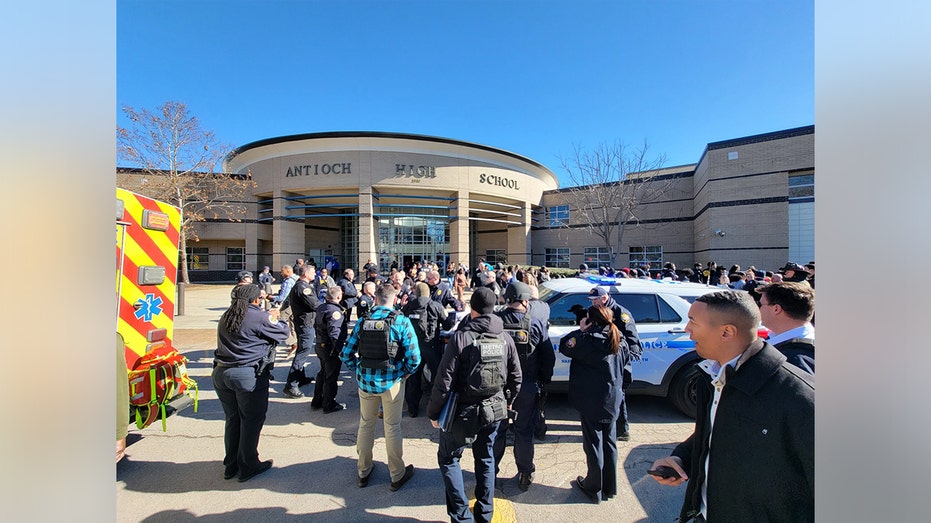
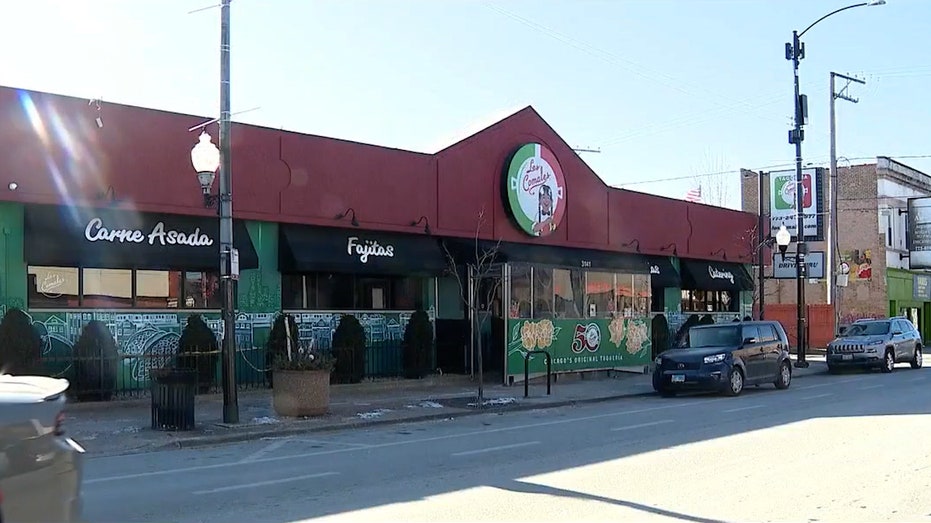



















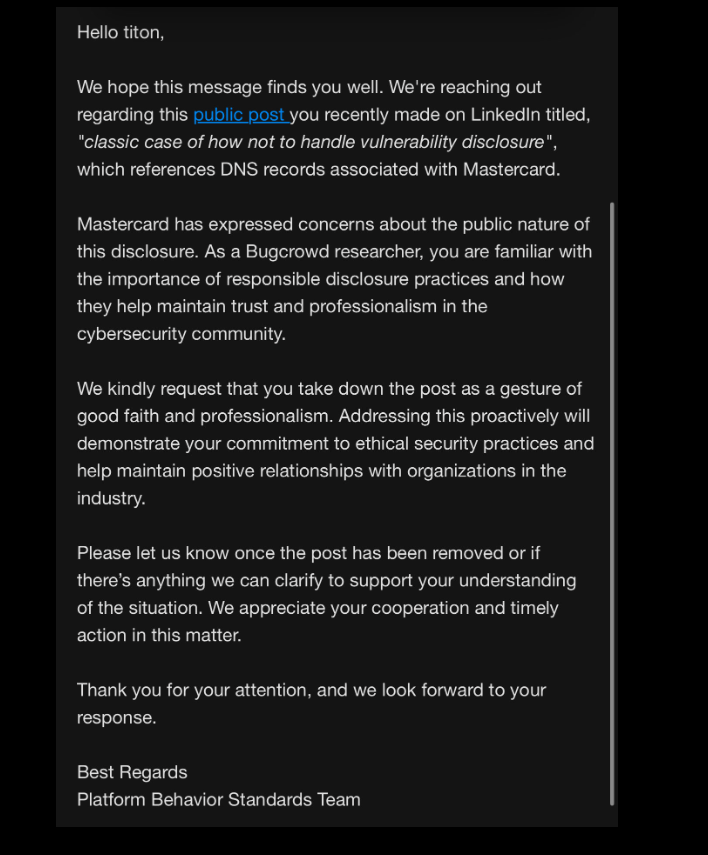

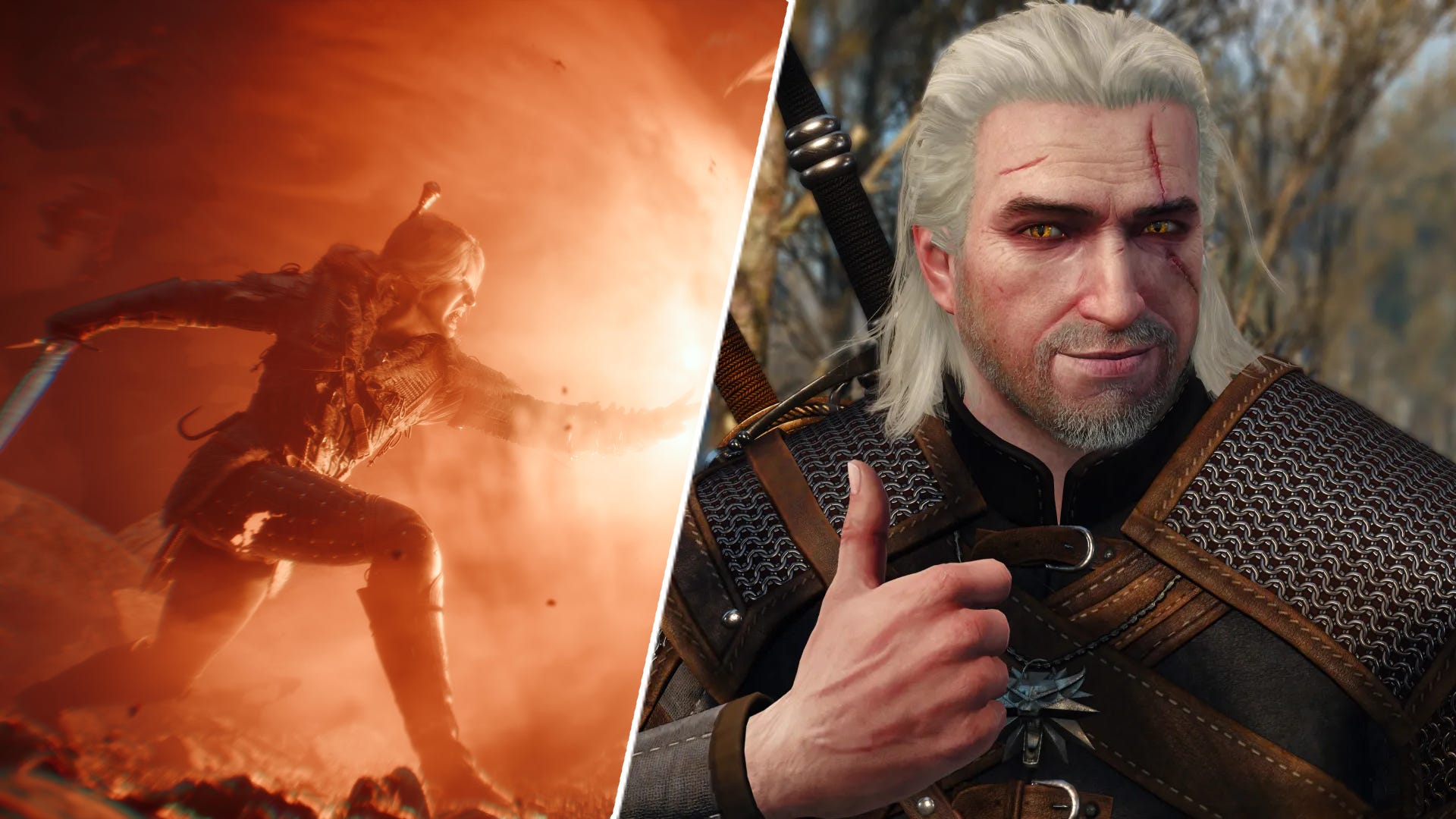
.jpg?width=1920&height=1920&fit=bounds&quality=80&format=jpg&auto=webp#)

